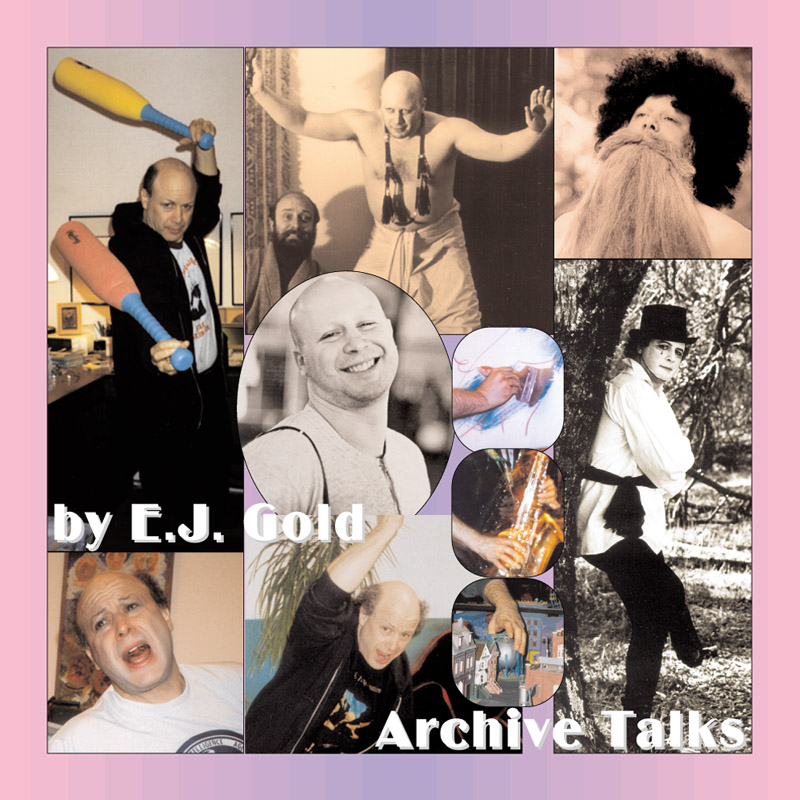

CDT350
International Intensive You Can Paint Class
Synopsis
The talk introduces and explains the "You Can Paint" method, a structured approach to teaching painting to absolute beginners. The method removes barriers to artistic expression by focusing on process over innate talent. The speaker discusses the philosophy of painting as a blend of control and accident, comparing it to mastering horse riding. The lecture includes a step-by-step demonstration of painting landscapes and emphasizes key artistic principles, such as composition, color theory, and mastery through practice.
Summary
The talk centers around a revolutionary painting method, "You Can Paint," which has been successfully taught to thousands of first-time painters. The speaker highlights that painting is not about inherent ability but about giving oneself permission to create. The method focuses on structured, progressive learning, beginning with landscapes before moving on to more complex subjects like still life, portraiture, figures, and abstract art.
A key concept introduced is that painting is a controlled accident; mastery comes from progressively exerting control while maintaining spontaneity. This is likened to horse riding, where the rider must understand and work with the natural instincts of the horse rather than imposing total dominance.
The speaker then demonstrates a practical method for creating landscape paintings, emphasizing a three-part division of the canvas (foreground, middle ground, background) and fundamental color relationships (light vs. dark, warm vs. cool, depth perception). The process is kept intuitive, allowing students to embrace the unexpected outcomes of their brushwork. Techniques such as using minimal strokes, maintaining vibrant colors, and strategically placing elements (trees, houses, etc.) to balance composition are discussed.
Finally, there is an emphasis on pedagogy: by teaching others, one internalizes and refines their artistic skills. The overall message is that painting is accessible to anyone willing to engage with the process, and mastery is a product of sustained experimentation rather than innate giftedness.
Keywords & Key Phrases
- You Can Paint method
- Controlled accident
- Mastery through process
- Artistic permission
- Landscape composition
- Light-to-dark gradient
- Warm-to-cool spectrum
- Depth perception in painting
- Structured learning progression
- Teaching to reinforce skill
- Painting intuition
- Embracing mistakes in art
- Simplification in painting
- Three-part canvas division
- Signature and artistic identity
Graphic Prompt
A scene portraying an artist at work on a canvas, surrounded by luminous, dynamic brushstrokes that evoke the sensation of flowing creativity. The setting is a serene studio with soft natural light filtering in through large windows, emphasizing the warm ambiance. The artist’s hands and brush are in motion, actively shaping a vivid landscape painting that appears to extend beyond the canvas into the surrounding space. A sense of transformation is subtly rendered—brushstrokes turning into real trees, houses, and mountains. The mood emphasizes inspiration, discovery, and the fusion of technique and intuition in the artistic process.



